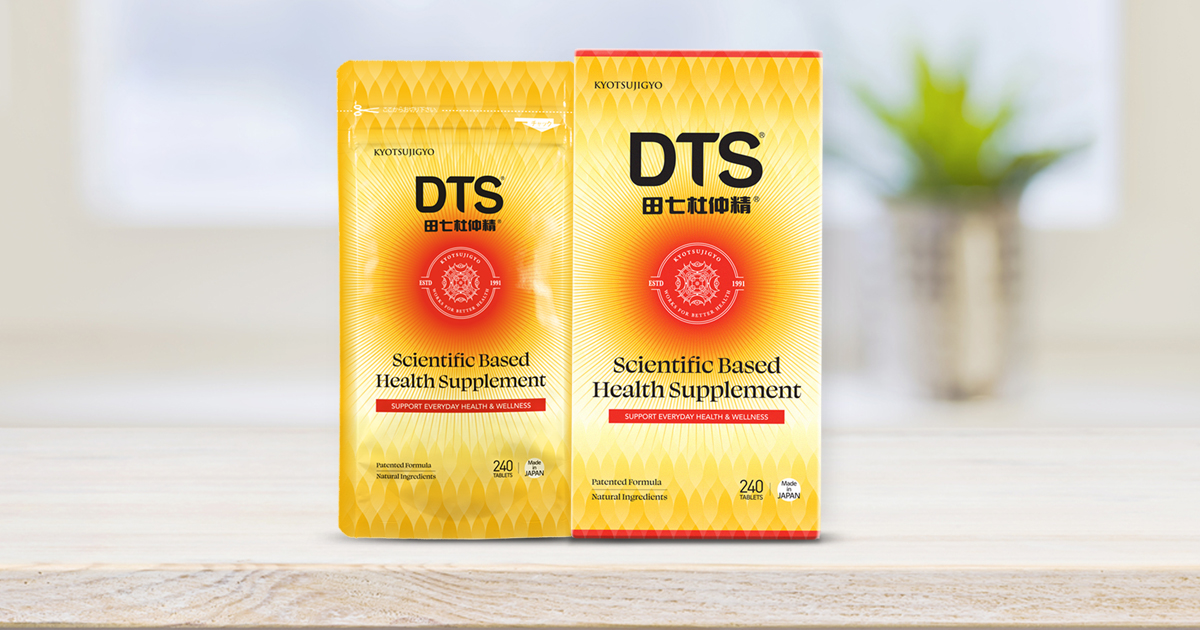Does One Need To Take A Break From Using DTS?

Welcome back to our FAQ session! Should someone stop using DTS after a while? Should one continue taking DTS after he gets better? This is a question we often get asked. And in many cases, it is better to adjust or lower the dosage after improvement and to continue taking DTS than stopping and starting.
Unlike medication, DTS is not a quick fix to kidney problems. It is not medicine at all. DTS is a natural supplement. It gradually balances and regulates our body systems to support kidney and liver health. And this process takes time. Supplement generally requires more time to build up and make us feel a difference. This only works with staying consistent.
Our body absorbs nutrients better in small but consistent amounts. Like drinking 1L of water in one go will not keep us hydrated. It just gives us a huge urge to urinate. The right way to do this is to take small sips throughout the day. The message here is consistency is always the key!
Sometimes we forget and miss a dose. It is not a big problem, but it is different when we are far off-track and trying to restart later. What happens when taking DTS on and off? It takes more time and effort to return to where we left off. Imagine riding a bike, we need to push down on the pedal harder and faster to maintain balance at the beginning, but less effort is required when the bike is moving at a steady speed. Same as taking DTS, DTS gives us continuous protection and support when we stay consistent. Some of us can take DTS at a lower dosage for health maintenance and protection and still get good results. The protection effect of DTS is less comprehensive, and it takes a longer time to see effects when taking DTS on and off.
In short, we recommend users continue with DTS daily if they find DTS agree with their body and they are getting benefit from it. Consistent consumption, even in lower dosages, gives better health protection than taking it on and off.
- * All research and clinical data should be used as reference purposes only, results may vary.




